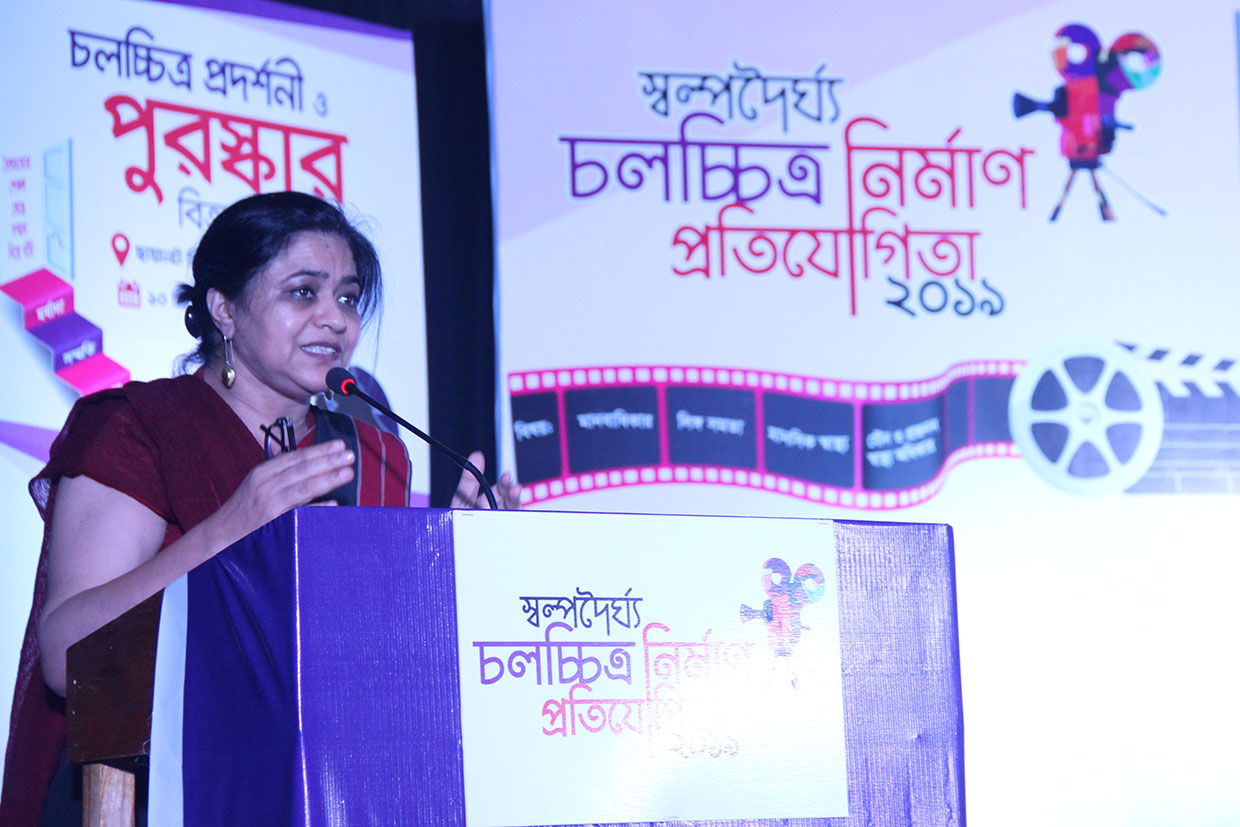Project Period: 1 May 2018 – 31 May 2021
Working Areas: Barishal, Dhaka, Khulna, Kushtia and Sylhet, Bangladesh
Donor: RFSU (The Swedish Association of Sexuality Education)
CONTEXT
In Bangladesh, sexual and reproductive health rights generally continue to be denied through the prevalence of patriarchal institutions, social norms, and discriminatory laws and practices. This scenario exists despite broad political commitments to address gender discrimination, with the state signing up to the SDGs and many international human rights treaties (including CEDAW, albeit with reservations), and despite a plethora of laws, policies and programmes that target gender discrimination.
Marriage and heterosexuality are almost absolute norms in Bangladesh, with many experiencing the absence of adequate information, choices and decision-making connected to personal lives, in particular rights within the family and regarding sexuality.
Sexual and gender-based violence remain pervasive, with child marriage and domestic violence being particularly widespread.
Child, early and forced marriage remains widespread. Child marriage is a priority concern for Bangladesh (with one of the highest rates of marriage under 16 in the world). In such cases, as with forced/coerced marriage, an individual’s choice and consent to marriage remain largely unaddressed.
For survivors of violence, innovative frontline services such as the one-stop crisis centres and victim support centres are available, but are limited to certain urban centres. While there are progressive legislative developments in place, social norms continue to sanction violence in the family, and a culture of victim-blaming, and stigma, means that women and adolescent girls are discouraged from speaking about sexual harassment and violence they experience. The obstacles to seeking justice are greater in cases of individuals from marginalized communities, those from hard to reach areas, or who face discrimination based on religion, ethnicity, disability, or gender identity.
Gender equality education is normally geared towards women and adolescent girls, excluding men and boys. Sexuality education is very limited in scope, with service providers having limited understanding or knowledge on key concepts like consent and choice. Inadequate access to information and services on SRHR and services are the norm, and services are linked to marital status. While Bangladesh has traditionally afforded (married) women reasonably good access to family planning services, the context of unequal status of women means that women, especially young women, are unable to exercise their right to choose in decisions regarding marriage, sex and childbearing to the full extent of their rights and ability; and marital status remains a basis for availability / denial of services.
With a few significant exceptions, mainstream rights and legal service organisations have not addressed the rights of marginalised groups on issues of child/forced marriage or sexual violence. There is a need for interventions and responses to be more tailored to the needs of such groups, in particular to SRHR and related remedies.
In this context, this initiative seeks to address issues relating to the recognition and realization of SRHR, first on research and advocacy to reform discriminatory laws and policies, second to address the lack of sufficient dialogues on SRHR among young people and duty bearers to build their capacity to enable better service provision, thirdly to address discrimination and existing gaps in laws and policies, undertake regional and national advocacy with various stakeholders, and lastly build on findings and experiences gathered from the above activities and generate content for wider social media publishing and advocacy to highlight the issues being addressed or that need to be addressed.

